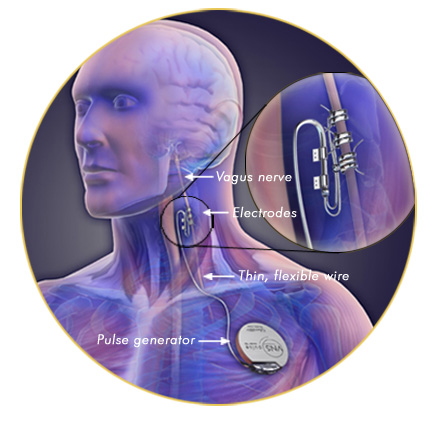OF THE
TIMES
We'll know our disinformation program is complete when everything the American public believes is false.
I suppose they would be better off if they were actually taken to Russia. Otherwise I have been confirmed in my conviction not to believe anything...
Enhance your research skills and become proficient in assessing the quality of evidence with this insightful essay example [Link] Explore the...
I'm an Ozzie, throw the bitch in jail. A shitty jail with lots of pissed off Muslims. Too bad they don't have 'trans' women in India, that would...
I have a solution - all the morons that pushed the 'vaccines' , whether they are politicians, doctors, health professionals, media or whatever be...
What does it matter, as long as Pfizer and Moderna get payed ...
To submit an article for publication, see our Submission Guidelines
Reader comments do not necessarily reflect the views of the volunteers, editors, and directors of SOTT.net or the Quantum Future Group.
Some icons on this site were created by: Afterglow, Aha-Soft, AntialiasFactory, artdesigner.lv, Artura, DailyOverview, Everaldo, GraphicsFuel, IconFactory, Iconka, IconShock, Icons-Land, i-love-icons, KDE-look.org, Klukeart, mugenb16, Map Icons Collection, PetshopBoxStudio, VisualPharm, wbeiruti, WebIconset
Powered by PikaJS 🐁 and In·Site
Original content © 2002-2024 by Sott.net/Signs of the Times. See: FAIR USE NOTICE

a statement about the FDA by one of its former Comissioners.It said that it's doing exactly the opposite of what it is supposed to.So the simple answer is NO!